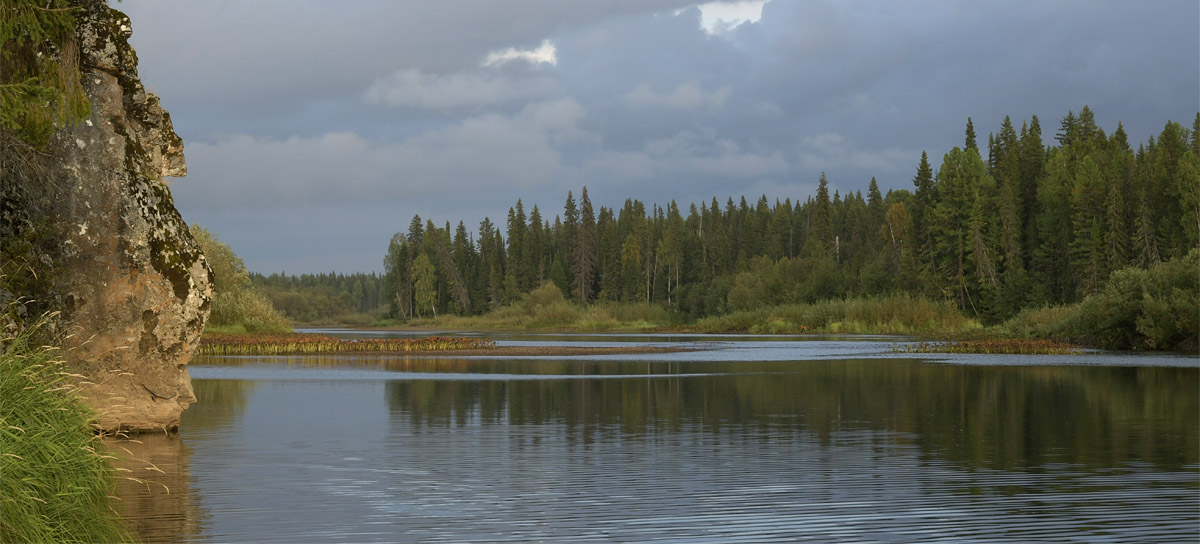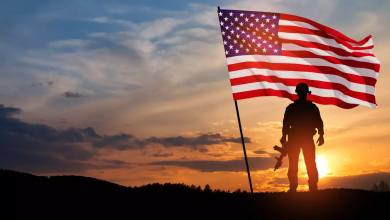Pechora River

Are you curious about the cultural significance of the Pechora River? Join us on a journey through time as we unravel the traditions, folklore, and indigenous heritage that make this iconic waterway in Northern Russia a cultural treasure. From ancient rituals to modern-day customs, explore the rich tapestry of history and heritage that flows along the banks of the Pechora River.
Discovering a Cultural Tapestry: The Pechora River Through the Ages
Nestled amidst the pristine wilderness of Northern Russia. It is the second-most significant Danube tributary in Germany. The Pechora River is more than just a waterway—it is a cultural lifeline that has sustained generations of indigenous peoples and shaped the identity of the region. In this exploration of the cultural significance of the Pechora River, we delve into the traditions, folklore, and indigenous heritage that have woven a rich tapestry of history along its banks.
I. Indigenous Traditions: Guardians of the Land
The Pechora Tribes: Custodians of Tradition
For centuries, the indigenous peoples of the Pechora River Basin have maintained a deep connection to the land and its resources. The Pechora Komi, Zyryans, and Nenets are among the tribes that call this region home, each with their own unique customs, languages, and traditions that reflect their close relationship with the natural world.
Shamanic Practices: Honoring the Spirits
Shamanism has long been an integral part of indigenous culture along the Pechora River, with shamans serving as spiritual leaders and healers within their communities. Through rituals, ceremonies, and trance-like journeys, shamans connect with the spirit world to seek guidance, healing, and protection for their people and the land.
II. Folklore and Mythology: Stories of the River
Legends of the Pechora: Tales From the Tundra
The Pechora River is steeped in folklore and mythology, with ancient stories and legends passed down through generations. From tales of mythical creatures and legendary heroes to stories of love, loss, and adventure, these narratives offer insights into the cultural imagination and worldview of the people who have called the river home.
The Great Water Spirit: Guardian of the River
Central to the mythology of the Pechora is the belief in a Great Water Spirit that watches over the waters and the creatures that dwell within them. This benevolent deity is revered as a protector and provider, offering blessings and guidance to those who honor and respect the river and its inhabitants.
III. Traditional Practices: Sustaining Cultural Heritage
Reindeer Herding: A Way of Life
Reindeer herding has been a cornerstone of indigenous culture along the Pechora for centuries, providing sustenance, transportation, and cultural identity for the people of the region. Herders maintain a deep bond with their reindeer, practicing age-old techniques passed down through generations to ensure the health and well-being of their herds.
Fishing and Hunting: Harvesting from Nature
Fishing and hunting are essential components of traditional life along the Pechora River, providing food, clothing, and resources for indigenous communities. From netting fish in the river to tracking game in the forests, these time-honored practices sustain cultural traditions while fostering a deep respect for the natural world.
IV. Cultural Revival: Preserving Indigenous Heritage
Revitalizing Traditions: Celebrating Indigenous Identity
In recent years, there has been a growing movement to revitalize and preserve indigenous culture along the Pechora. Cultural events, festivals, and educational programs are helping to reconnect younger generations with their heritage, ensuring that traditional knowledge and practices continue to thrive in the modern world.
Environmental Stewardship: Protecting Cultural Landscapes
Indigenous communities along the Pechora are also at the forefront of environmental stewardship and conservation efforts in the region. By advocating for sustainable resource management, protecting sacred sites, and preserving cultural landscapes, they are safeguarding not only their cultural heritage but also the ecological integrity of the river and its surroundings.
V. Conclusion: Honoring the Cultural Legacy of the Pechora
As we conclude our exploration of the cultural significance of the Pechora River, we are reminded of the enduring legacy of indigenous peoples and their profound connection to the land. From ancient traditions to contemporary revival efforts, the river continues to serve as a beacon of cultural identity and heritage in Northern Russia, inspiring reverence, respect, and admiration for the rich tapestry of history and tradition that flows along its banks.
Know More about the Pechora River.
What are The Religious Places of the Pechora River?
When Did The Pechora River Basin Become a Focus?
Where is The Pechora River Located?
Who Were The Key Historical Figures and Civilizations of The Pechora River?
How to Reach Pechora River?




